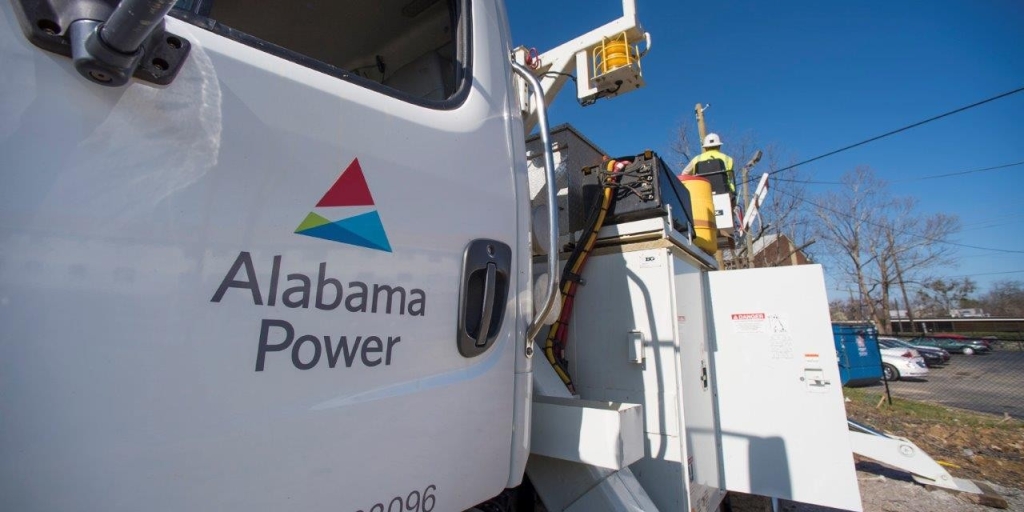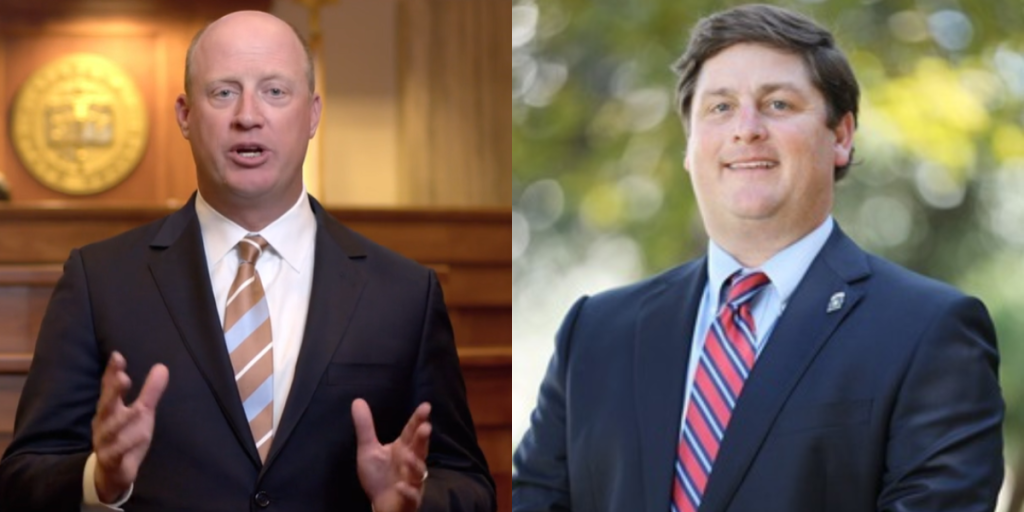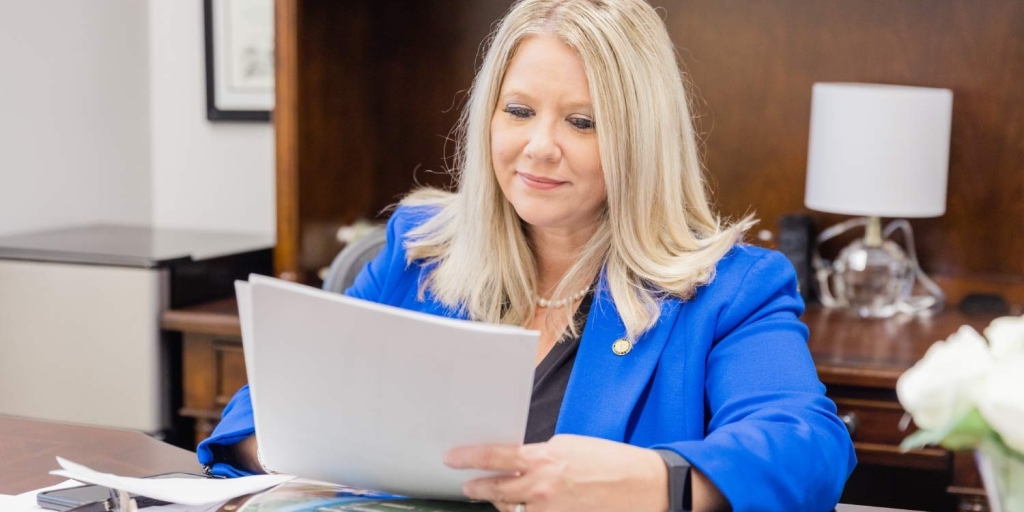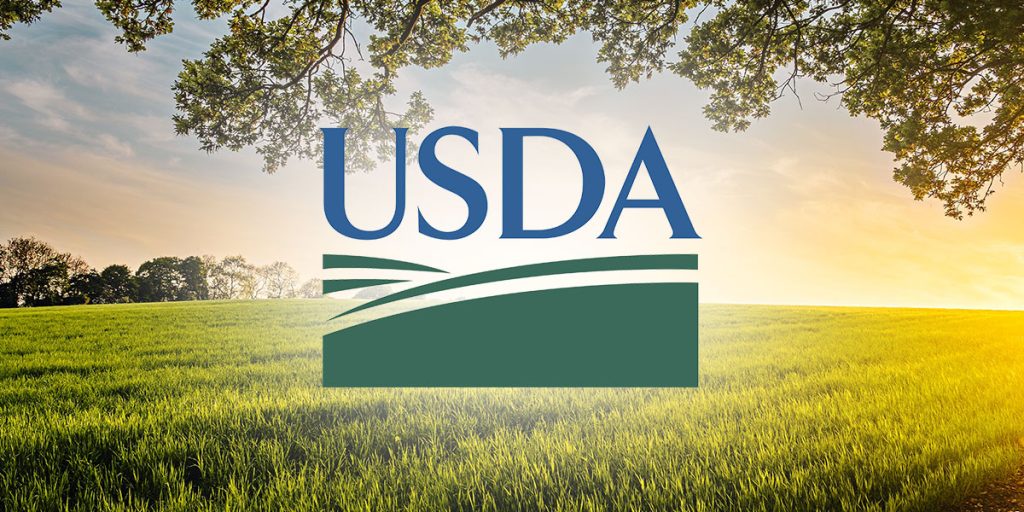U.S. Department of Agriculture (USDA) Deputy Under Secretary for Rural Development Bette Brand on Wednesday announced that the department is investing more than $7.9 million to improve water and wastewater infrastructure in rural communities across Alabama.
USDA is funding the projects through the Water and Waste Disposal Loan and Grant program. Investing in rural America has been a key priority of the Trump administration.
“Modernizing rural water systems in Alabama not only improves public health and safety for our rural communities, but it spurs economic growth,” USDA Rural Development State Director for Alabama Chris Beeker said in a statement.
Eligible applicants for the federal program include rural cities, towns and water districts. The funds can be used for drinking water, stormwater drainage and waste disposal systems in rural communities that meet population limits.
Investments announced Wednesday for Alabama include the following:
- The Centreville Water Works and Sewer Board in Bibb County will use a $1,237,000 loan and a $546,000 grant to improve their sewer system by removing old pumping stations and buildings and replace them with new pumping stations. A portion of funds will be used to make repairs to multiple wet wells, install a new generator and install Supervisory Control and Data Acquisition (SCADA) systems. These much-needed repairs and upgrades will provide a more efficient water operation.
- The Waterworks, Sewer and Gas Board of the City of Childersburg in Talladega County will use a $1,305,000 loan and a $1,030,000 grant to replace all manual read water meters with new automatic read water meters, to purchase a service truck and to construct an office building. The automatic read meters and service truck will allow for more efficient processing and reduce billing errors. The office building will be accessible to individuals with disabilities and be equipped with up to date office management software and equipment.
- The City of Henagar in DeKalb County will use a $2,573,000 loan and a $678,000 grant to increase the wastewater treatment plant’s capacity and approved technology for the treatment and disposal of the collected sewage. The proposed upgrades have anticipated corresponding growth for the next 10 years; serving existing and anticipated customers. Improvements include upgrades to the plant’s headworks to include influent screening to remove grit and non-biodegradable solids that can hinder the treatment process and equipment from achieving the level of treatment required to meet their NPDES permit. Install membrane bioreactor system (MBR), utilizing the existing plant’s basin (with modifications). Upgrade the existing effluent pump station to handle the increased flow and upgrade the discharge force main from a 4″ to an 8″ force main. Install a sludge dewatering system capable of handling a 300,000-gallon-per-day wastewater flow. Install an emergency back-up generator to provide electrical service for continued waste treatment during electrical outages. The project will provide a more efficient wastewater operation for the rural community.
- The Utilities Board of the City of Linden in Marengo County will use a $394,000 loan and a $173,000 grant to improve their wastewater treatment facility. This project will increase treatment quality, provide sustainability, and will allow the treatment facility to be monitored remotely increasing reaction time when problems occur. The Board provides sewer service to approximately 2,123 residents. This is phase two of the project and will address some much-needed health and safety issues.
Sean Ross is the editor of Yellowhammer News. You can follow him on Twitter @sean_yhn













